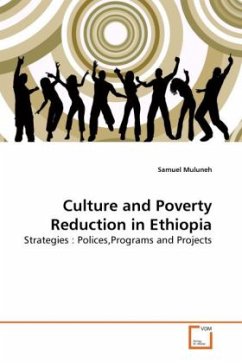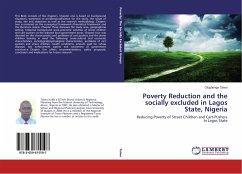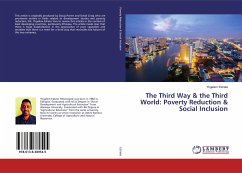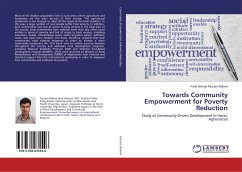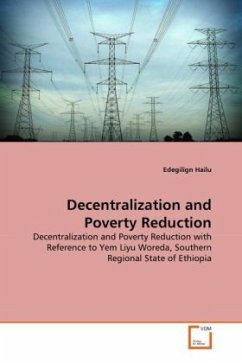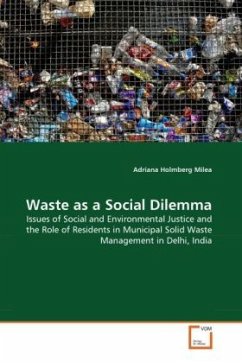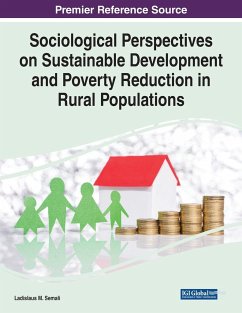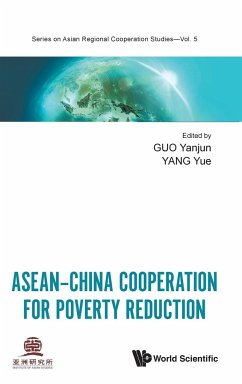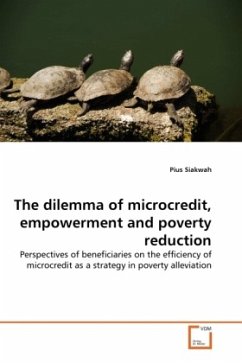
The dilemma of microcredit, empowerment and poverty reduction
Perspectives of beneficiaries on the efficiency of microcredit as a strategy in poverty alleviation
Versandkostenfrei!
Versandfertig in 6-10 Tagen
39,99 €
inkl. MwSt.

PAYBACK Punkte
20 °P sammeln!
Over the years, state led top-down models have yielded little results hence the presumption that bottom-up people centered strategies microcredit would help the poor out of poverty. This is the thinking among feminist theories that empowerment could be a key in achieving the millennium goals. The book uses credit investment model to explain how microcredit could help transform the vicious cycle of poverty into a virtuous cycle. The question is; has microcredit really transform beneficiaries lives over the years? Impact assessment studies over the years challenge normative debate that has come ...
Over the years, state led top-down models have yielded little results hence the presumption that bottom-up people centered strategies microcredit would help the poor out of poverty. This is the thinking among feminist theories that empowerment could be a key in achieving the millennium goals. The book uses credit investment model to explain how microcredit could help transform the vicious cycle of poverty into a virtuous cycle. The question is; has microcredit really transform beneficiaries lives over the years? Impact assessment studies over the years challenge normative debate that has come to frame microcredit programs. According to SAPs, empowering approach to poverty reduction through microcredit has more or less come to advance and legitimize neoliberal reforms. The use microcredit as a way of responding quickly to the vulnerabilities of surplus labor in growing informal sectors during and after adjustment process.Though microcredit has its challenges, when the right mechanisms and structure and implemented vigilantly, it could serve as a catalyst to get people out of poverty. Yet, it is prudent to view microcredit as a means to an end and not an end in itself.




